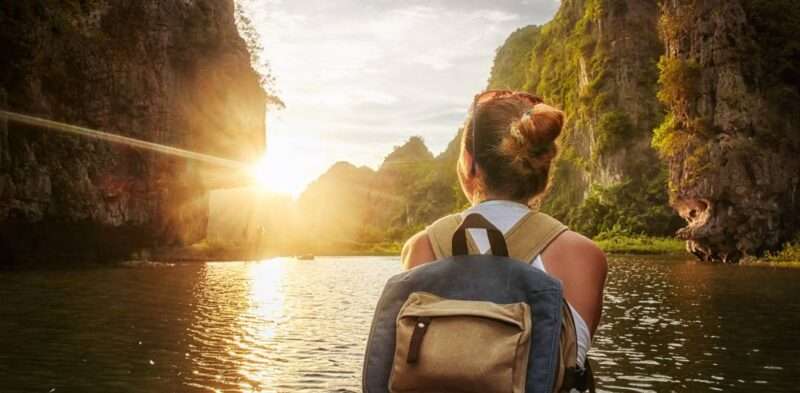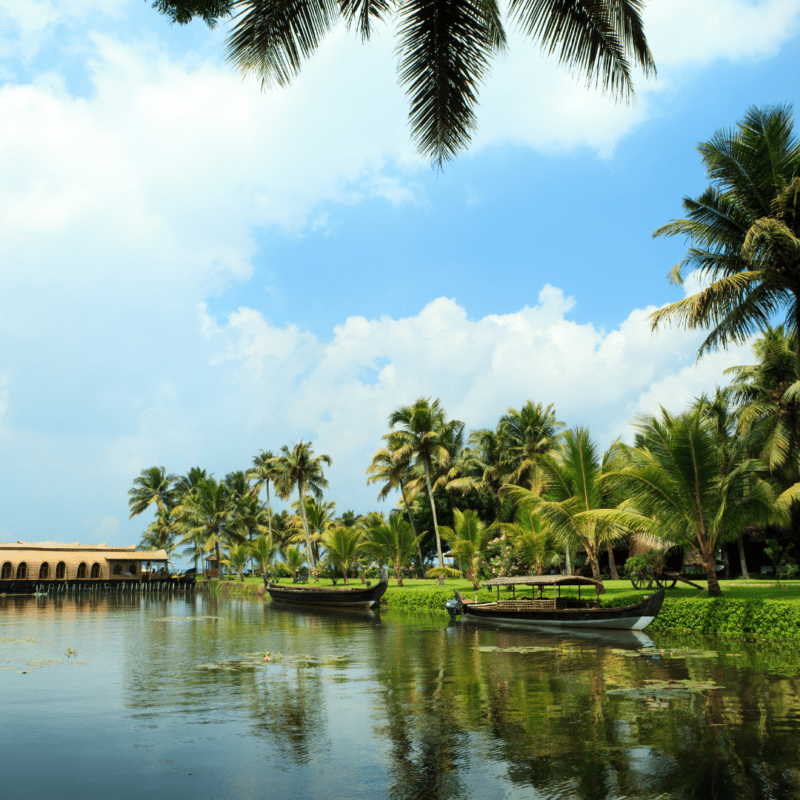How To Be Eco-Friendly When Traveling on a Boat
There’s something peaceful and surreal about cruising down rivers, lakes, and oceans. However, sailing poses environmental risks. Responsible travelers need the proper steps to make their voyage sustainable. Complete your trip across the water with a guide on how to be eco-friendly when traveling on a boat.

How To Be Eco-Friendly When Traveling on a Boat
Choose Eco-Conscious Vessels
Selecting a boat powered by renewable energy sources can make a significant difference. The renewable energy sources to look for on a vessel include wind turbines, hybrid engines, or solar panels. Having a boat with these features reduces reliance on fossil fuels and minimizes harmful emissions. Some boats even have electric motors, which produce no direct emissions.
Mindful Waste Management
Proper waste disposal is critical on a boat, so reducing single-use plastics like bottles, bags, and utensils will reduce the amount of trash accumulated on your trip. Additionally, water filtration can reduce reliance on bottled water.
For every stop made at docks, throw away your trash in the proper onshore facilities, and don’t throw it overboard, as it harms marine life.
Eco-Friendly Cleaning Products
Traditional cleaning products contain chemicals that pollute the water. If you want to avoid chemical-ridden cleaning products, look for biodegradable and non-toxic cleaning supplies to keep your boat and the environment safe. Many stores now offer eco-friendly alternatives free from harsh chemicals. Use fewer cleaning agents and more elbow grease to maintain your vessel.
Respect Marine Life
A key aspect of how to be eco-friendly when traveling on a boat involves respecting wildlife. The best way to respect wildlife and let them thrive is to keep a safe distance from habitats and avoid feeding animals. Also, you should use mooring buoys instead of anchors to protect sensitive seabeds and coral. Your presence should never interfere with natural habitats.

Sustainable Fishing
You will likely fish for meals when you’re on a boat far from the mainland—the key to learning how to fish sustainably is to angle only what you need. A responsible angler avoids damaging the seabed with heavy equipment, so try to minimize harm and improve fish populations by releasing undersized or unwanted catches. Stay aware of your impact to avoid negative consequences when fishing in different parts of the water.
Engage With Eco-Friendly Activities
Besides fishing, you can do other eco-friendly activities, like kayaking, paddleboarding, and snorkeling. The point is to avoid harming the environment and leaving no trace of your presence. You can continue leaving no trace by cleaning the beach if docked on a shoreline. If fellow travelers are nearby, encourage them to help and reduce everyone’s impact on sensitive systems.
Traveling by boat is a great way to connect and experience the natural world. Continue to explore the world and its natural wonders by voyaging sustainably. Use these practices to get yourself started in planning your next boating expedition.
Want more? Check out Living On a Sailboat – The Amazing Vagabond Life
Topics
Subscribe
Subscribe for news, updates, giveaways, and more!
JOIN GIRLS WHO TRAVEL
Join our inclusive community
of tens of thousands of women who
share your passion for travel in our
Girls Who Travel Facebook group!









